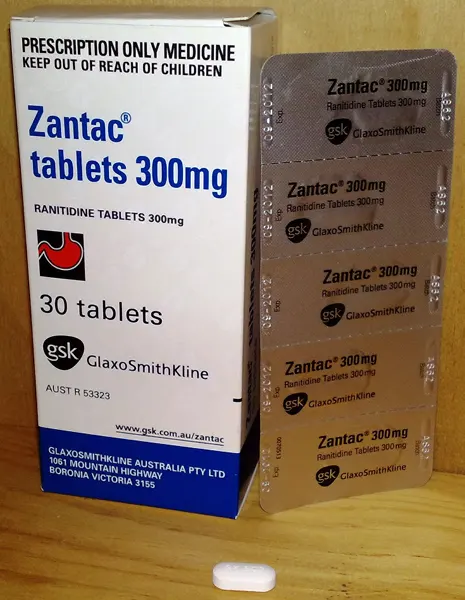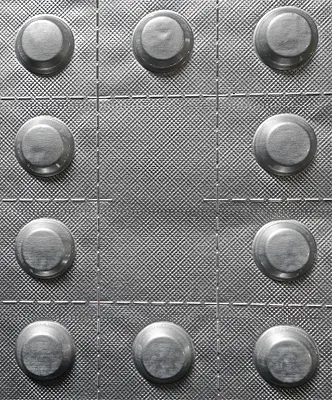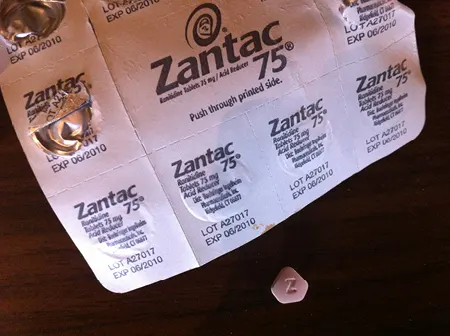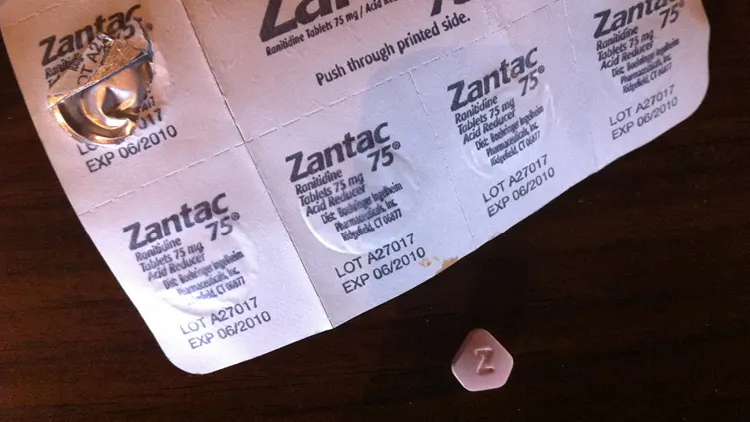Zantac Lawsuits Will Go Forward in Delaware Court
Zantac Lawsuit Update 2024 – June 2024 marks significant developments in major lawsuits against the manufacturers of the drug Zantac. The initial lawsuits were consolidated into an MDL in Florida Federal Court, but the judge ruled that the plaintiff’s expert witnesses could not testify. The MDL cases were dismissed.
But by June 2024, over 70,000 people had sued the Manufacturers of Zantac in Delaware State Court, and in other state courts across the country. The drug manufacturers again petitioned the court to disallow testimony from the plaintiff’s expert witnesses. The judge in the Delaware Court denied that motion, saying that it was up to the jury to decide if they believe the testimony or not.
Judge Medinilla is overseeing all the Zantac lawsuits pending in Delaware state court.
With the expert testimony being allowed, this should bring the drug manufacturers back to the bargaining table. Pfizer has already agreed to settle more than 10,000 lawsuits related to the manufacture of Zantac, while Sanofi has settled around 4,000. It seems likely that GlaxoSmithKline, Boehringer Ingelheim, and other drug makers will eventually do the same.
What Started the Zantac Lawsuits

Zantac lawsuits began after a massive recall in 2019. One of the ingredients used in Zantac is ranitidine. Recent studies indicated that ranitidine is unstable and when it ages or is exposed to extreme temperatures, it can break down into a chemical byproduct called N-Nitrosodimethylamine (NDMA). NDMA is a known cancer-causing agent.
In April of 2020, The FDA told all manufacturers to stop selling Zantac made with ranitidine in the United States. According to their press release, the FDA concluded that NDMA contamination can build up and become increasingly dangerous over time.
The FDA Website Said: “The longer the drug sits on the shelf, the greater the amount of NDMA in the drug and the FDA doesn’t know how long NDMA has been in Zantac.
Plaintiffs claim that the makers of Zantac either did know or could have known about the risks of using Zantac and continued to sell Zantac without any warnings to consumers.
What is N-Nitrosodimethylamine (NDMA)

According to an FDA press release about NDMA:
NDMA is a probable human carcinogen (a substance that could cause cancer). In the summer of 2019, the FDA became aware of independent laboratory testing that found NDMA in ranitidine. Low levels of NDMA are commonly ingested in the diet, for example, NDMA is present in foods and water. These low levels would not be expected to lead to an increase in the risk of cancer. However, sustained higher levels of exposure may increase the risk of cancer in humans. The FDA conducted thorough laboratory tests and found NDMA in ranitidine at low levels. At the time, the agency did not have enough scientific evidence to recommend whether individuals should continue or stop taking ranitidine medicines, and continued its investigation and warned the public in September 2019 of the potential risks and to consider alternative OTC and prescription treatments.
According to a 2021 Study:
There was evidence of an increased risk of bladder cancer in ranitidine users, compared with nonusers, which was more marked with use for over 3 years of ranitidine. By contrast, there was little evidence of any association between proton pump inhibitor use and bladder cancer risk based on any use.
Source: https://pubmed.ncbi.nlm.nih.gov/34028367/
But, like many initial studies, to be considered valid using the scientific method, other studies will need to be conducted that produce the same results. This argument was used in part to justify dismissing claims from the Florida MDL where lawsuits had been consolidated. The judge ruled there that the plaintiff’s expert witnesses could not offer testimony and that there was insufficient evidence to link the use of Zantac to cancer.
Summary: Zantac Lawsuit Update 2024
It appears that the plaintiffs suing the manufacturers of Zantac will have their opportunity to show that Zantac has been shown to increase the chances of cancer.
Zantac lawsuits began after a massive recall in 2019. One of the ingredients used in Zantac is ranitidine. Recent studies indicated that ranitidine is unstable and when it breaks down it produces a chemical byproduct called N-Nitrosodimethylamine (NDMA). NDMA is a known cancer-causing agent.

The initial Zantac lawsuits were primarily in the federal court system in an MDL in the Southern District of Florida. But in late 2022, the judge in that federal case dealt a blow to the plaintiff’s case by refusing to let their expert witnesses testify.
After the federal case was dismissed, most of the plaintiffs filed their lawsuits in the State of Delaware where the manufacturers are incorporated. The drug manufacturers again attempted to get the judge in the state case to throw out the plaintiff’s expert witness testimony. The judge refused, saying that the jury could decide for themselves if the witnesses are credible. The drug manufacturers are appealing that decision.
We may see drug companies settle these cases in the future. It is difficult to tell. Some of the manufacturers of Zantac, like Pfizer, have already reached settlements with plaintiffs. But other manufacturers like GlaxoSmithKline seem more reluctant to pay out settlements.
The first Zantac trial was held in May 2024 in Chicago – the jury decided in favor of the drug companies. This might cause the drug companies to go ahead and take the cases to trial and see if they continue winning. We will have to wait and see.
About the Authors
Balanced Bridge Funding offers legal funding solutions for plaintiffs, plaintiff attorneys, attorneys, and law firms. We provide post-settlement advances and can help in situations where an agreement has been reached but there will be some delay until distribution of the contingency fee for attorneys and/or the settlement award for plaintiffs.
To talk to one of our legal funding specialists about getting help managing your law firm cash flow, please call (267) 457-4540 or email info@balancedbridge.com
Or to apply online, simply CLICK HERE and fill out our quick application.







